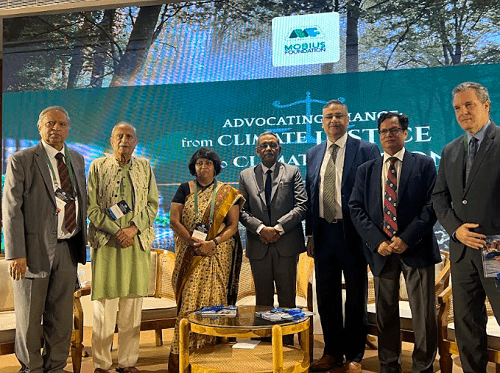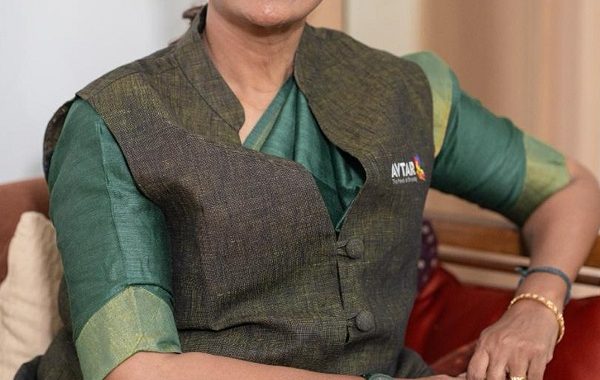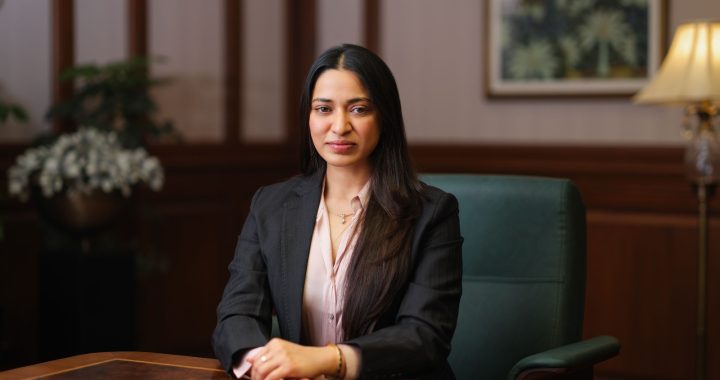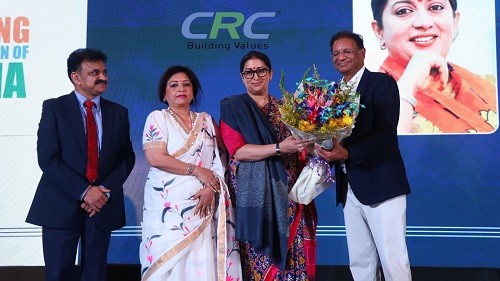Mobius Foundation Hosts Landmark Dialogue on ICJ Advisory Opinion on Climate Change

At a time when the world faces mounting climate emergencies, the Mobius Foundation convened a landmark dialogue on the International Court of Justice’s (ICJ) Advisory Opinion on Climate Change at Bharat Mandapam, New Delhi. The gathering brought together eminent jurists, senior advocates, academics, policymakers, journalists, and over 180 law and environmental science students to explore how international legal principles can be translated into domestic action.
 |
Panellist at the Landmark Dialogue on ICJ Advisory Opinion on Climate Change hosted by Mobius Foundation
Opening the session, Hon’ble Justice Mr. Prakash Shrivastava, Chairperson of the National Green Tribunal, underscored the judiciary’s role in bridging national responsibility with global accountability. He stressed that climate change cannot be contained by borders, noting, “No state can claim its responsibility ends at the border of the state, because emissions have transborder effects.” His remarks set the tone for a conversation that highlighted how judicial institutions are uniquely placed to enforce environmental responsibility in an interconnected world.
Adding an international perspective, Hon’ble Chief Justice Antonio Herman Benjamin of Brazil’s Superior Tribunal de Justica addressed the audience through a video message. He emphasized that the ICJ advisory opinion marks a turning point in the global legal discourse on climate change, saying, “The most important impact of the ICJ Advisory Opinion is that it brings together, in a single document, everything that has been said in the cacophony of the world – in an organised, systematic format. I am certain it will illuminate the work of judges globally when we decide climate cases.” His words reflected the growing consensus that international law can no longer remain abstract but must serve as a framework for judicial action across borders.
The dialogue brought forward diverse perspectives from practitioners and thought leaders including Advocate Jatinder Cheema, Ms. Urmi Goswami (Senior Journalist, The Economic Times), and Professor Narinder Singh (Former Head of Legal & Treaties, Ministry of External Affairs, and Member of the International Law Commission). Their discussions touched on the enforceability of international climate obligations, the recognition of climate change as a human rights issue, and the urgent need to align global legal frameworks with national policies. Cheema in particular noted that the advisory opinion reflects the human cost of delay in climate action, while Goswami and Singh highlighted the challenges of translating international mandates into actionable domestic policies.
Reflecting on the global dimension of the crisis, Mr. Pradip Burman, Chairman of the Mobius Foundation, called for urgent and collective responsibility. “The world today faces an existential challenge – climate change. Coastal regions, where most human activity happens, will bear the heaviest burden,” he said, reminding the audience that those least responsible for emissions are often the most affected by their consequences.
The event’s audience was a vibrant mix of students, academics, policymakers, journalists, and civil society representatives who underscored the increasing recognition that climate change is not merely an environmental or economic challenge, but a pressing legal and ethical one. For the law students and young sustainability professionals in attendance, the dialogue offered both a glimpse of the immense responsibility that lies ahead and the tools to shape a more accountable global order.
The ICJ’s advisory opinion, while non-binding, is expected to influence the evolution of international law and national policymaking on climate change. As speakers reiterated, the document’s true impact will depend on how courts, governments, and institutions operationalize its principles. The discussions at Bharat Mandapam reflected optimism that India, with its robust judicial system and growing climate consciousness, could play a pivotal role in shaping the future of climate justice. By placing climate change squarely within the framework of international law, the dialogue highlighted a shift in how the world must confront the climate crisis – not only as a scientific or political issue, but as a matter of justice, equity, and shared human responsibility.
About the Mobius Foundation
The Mobius Foundation is a leading nonprofit organization working to promote environmental sustainability through education, advocacy, and collaborative action. Its initiatives focus on population stabilization, sustainable agriculture, and climate action, with a commitment to creating a healthier and more resilient planet for future generations.





